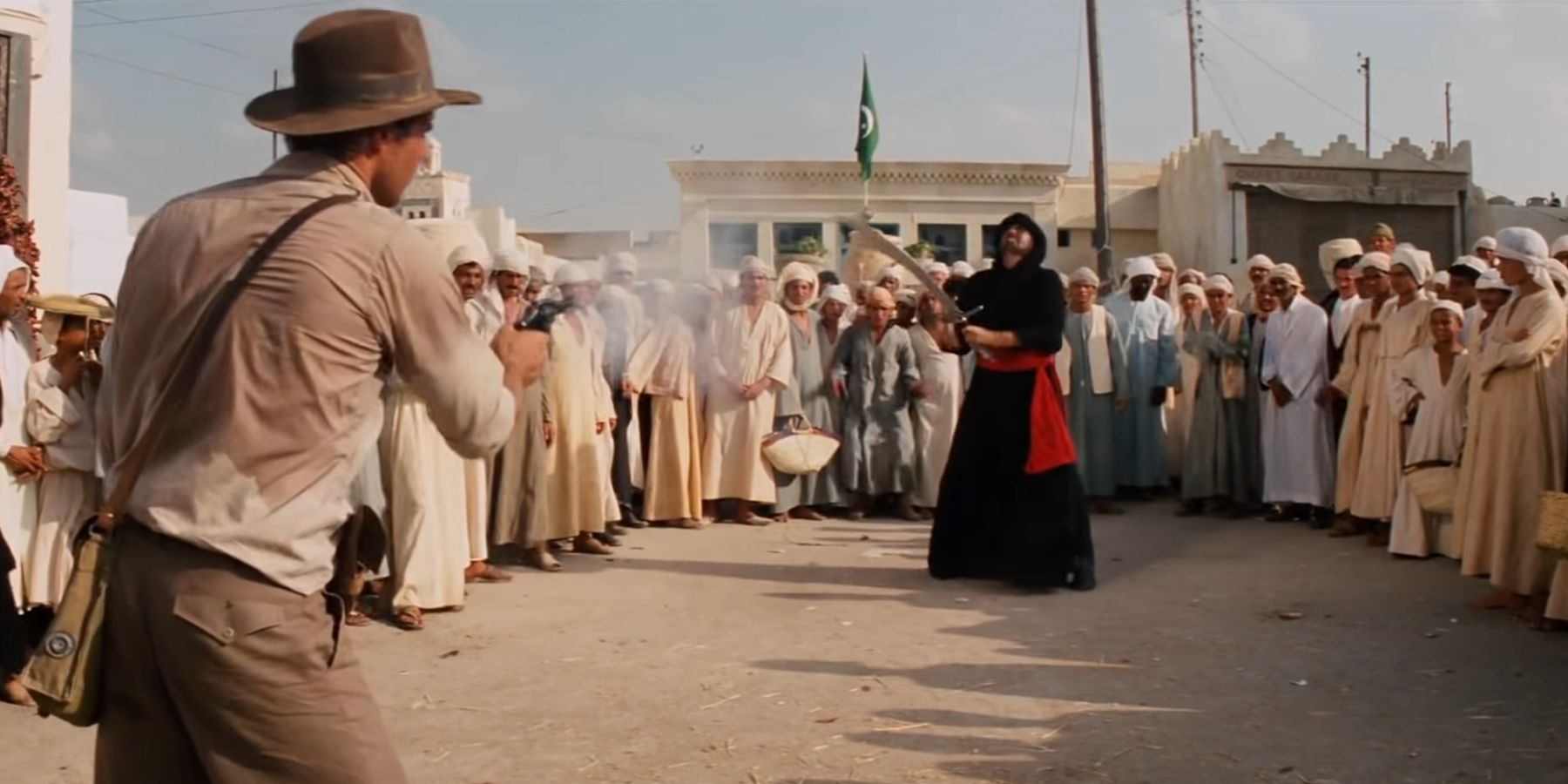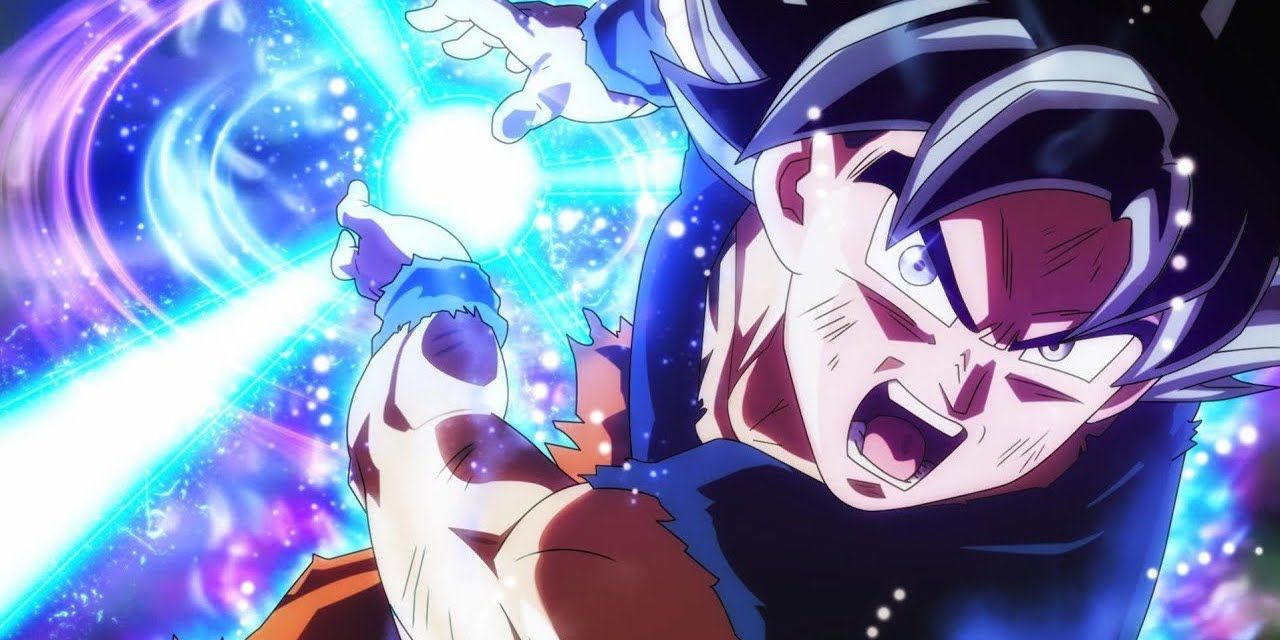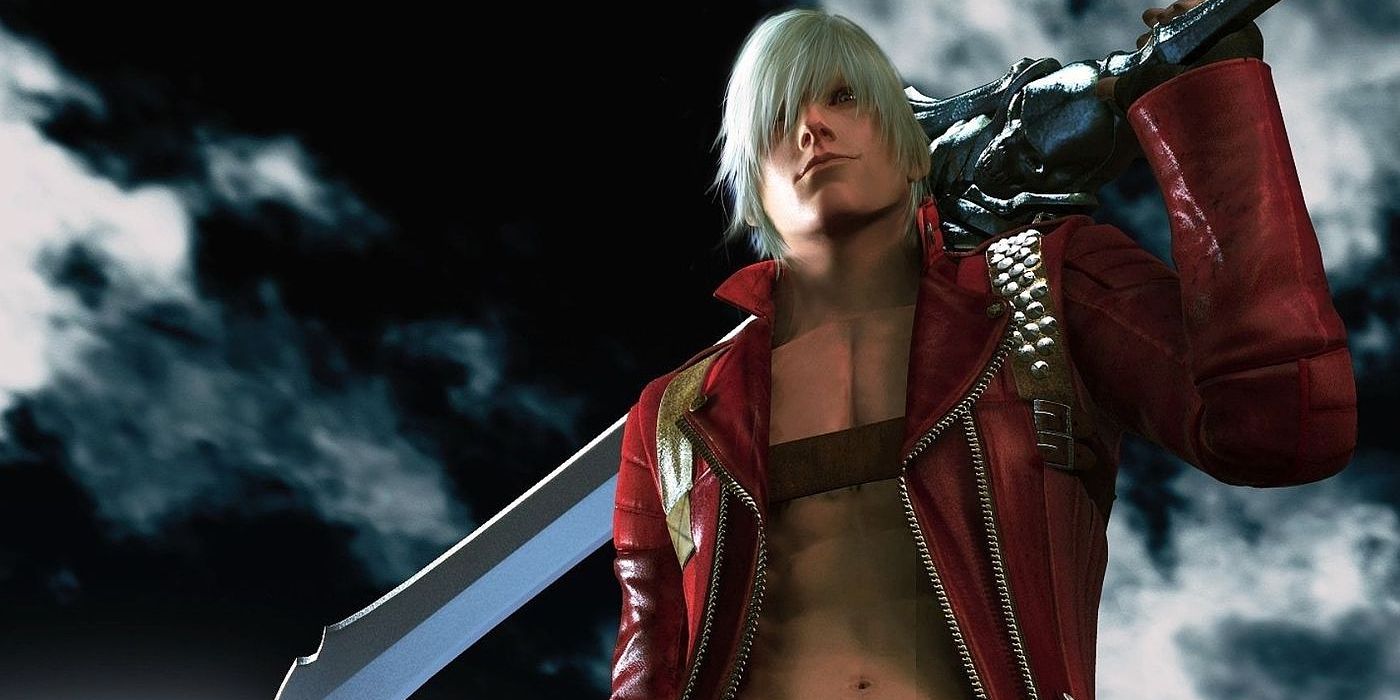Generally, in a piece of fiction, the final battle will be the moment everything has been building toward. Audiences are used to massive blowouts, visually striking weaponry, and elaborate schemes at the end of every story. However, that which is flashy isn't always smart, and some heroes pick substance over style. The Boring but Practical trope covers those who choose to solve their problems as straightforwardly as possible.
For every genre, there's a special spice. Authors can use their chosen spice to add a little bit of flavor to a functional item. Fantasy stories can add magic or pages of lore to every sword their main character swings. Science fiction authors can introduce countless physics terms to their explosives to make them sound more powerful. Choosing to feature a spice, then deliberately leaving it aside makes a statement.
The Boring but Practical trope describes exactly what it sounds like. A solution or strategy that isn't particularly unique, flashy, or engaging but does get the job done. This trope connects to the common concept of giving the ultimate problem-solving tool some significant drawback. In a martial arts movie, the audience wants to see the hero flip and spin, but it's often much more effective to grapple the foe. A massive armored mecha from a sci-fi story might seem unstoppable, but it's too big to use in most places. There may be a dozen superheroes with incredible powers, but sometimes the day can be saved by a regular person doing something anyone could do. Whatever the situation, Boring but Practical strategies tend to reveal their brilliance in a dramatic final conflict. Sometimes it's a joke, but sometimes it's the moral of the story.
Consider the protagonist of almost every shonen anime series. They almost always have a go-to technique that becomes their all-purpose solution for every fight scene. Fans will inevitably grow to love their special move, but it's almost always the most simplistic technique in the show. While Ichigo, Goku, and Naruto are firing various shapes of blue energy at their foes, their peers show off far more interesting special moves. This idea really sticks out in JoJo's Bizarre Adventure, a show that revels in novel-length descriptions of a single character's power. While some Stand users are killing foes in their dreams or teleporting via zippers, the protagonists almost always have the traditional punch ghost. There are exceptions, but most shonen heroes come to battle with a Boring but Practical special move ready to go.
Hardcore tabletop players are well-versed in this trope. Dungeons & Dragons currently has 13 playable classes (14 counting Blood Hunter) and dozens of playable races. There is one option that every D&D player knows as "the boring one." In the eyes of the fanbase, the Human Fighter is the go-to character for a player with no imagination. Humans are boring for obvious reasons but also have no interesting gameplay abilities. Fighters don't have any of the fun bells and whistles of more specialized classes. The Human Fighter is the most popular class/race choice among players. Why would fans consistently pick the most boring combination? Because their complete lack of unique abilities gives them a massive amount of customization. The Human Fighter starts as nothing, so they can become anything. It's perfect for new players, easy to slot into any team, and capable of fulfilling multiple roles. A player can give their Human Fighter a fun backstory or a comedic affectation, but they're always the most boring choice. They're the poster child for Boring but Practical at the table.
One of the funniest examples of this trope comes in the venerable character action genre. Also known as spectacle fighters or stylish action games, titles like Bayonetta and Devil May Cry are all about dispatching enemies in the most visually brilliant way possible. These games will inevitably feature a Style Meter, which rewards players for using multiple weapons, stringing together long combos, and keeping a consistent rhythm through an entire fight. However, some players decide to ignore the big glowing letters in favor of a much easier solution. Bayonetta 2, for example, features several cool weapons, but they're rarely more effective than Love is Blue, the default set of handguns. Devil May Cry 3 features endless options, but many players have beaten 90% of the obstacles, including the most exciting duel in the game, using one dive kick attack. Playing the game this way cheats the player out of most of the fun, but if they just want to get to the end, it's an option.
Boring but Practical options can feel like an anticlimax, but there's an argument to be made for their inclusion. Sure, they tend to be dull and obvious, but winning a difficult fight without fancy magic is still impressive. It's a nod to the audience, inspiring them to find their own practical solutions. The Boring but Practical trope proves that anyone can accomplish their dreams. They just have to learn to use what they've got.



